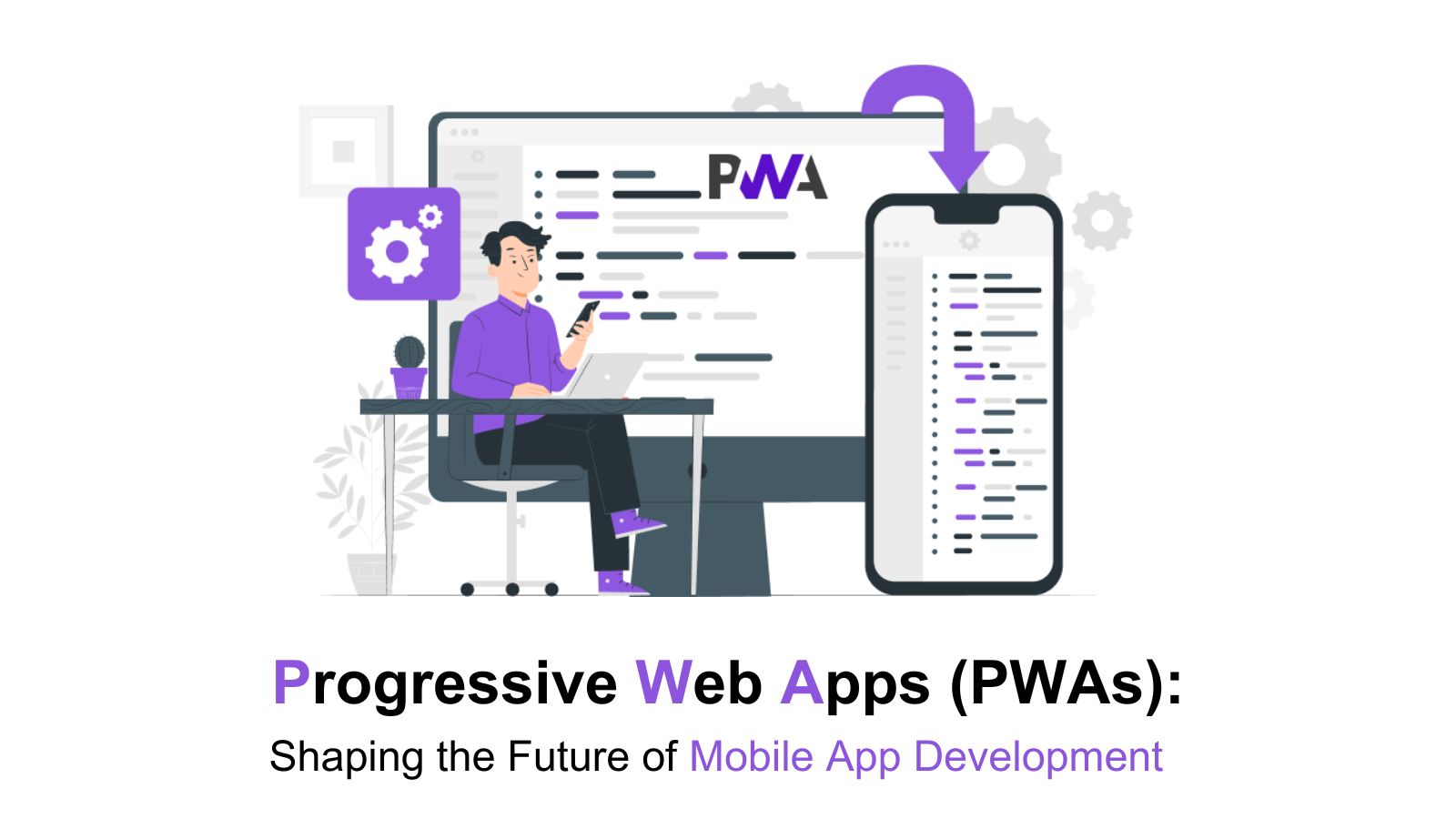Md Sohag👋
A Passionate Full Stack Developer 🖥️ with 9+ years of experience, having worked on projects across 40+ countries worldwide.
A Passionate Full Stack Developer 🖥️ with 9+ years of experience, having worked on projects across 40+ countries worldwide.

Progressive Web Apps (PWAs) represent a transformative shift in web development, blending the best features of both web and mobile applications. By leveraging modern web technologies, PWAs offer a more engaging, reliable, and performant experience, bridging the gap between traditional web apps and native mobile applications.
One of the most compelling benefits of PWAs is their ability to provide an app-like experience directly from a web browser. PWAs are designed to function seamlessly across various devices and platforms, delivering a consistent and responsive user experience. Unlike standard web apps, PWAs offer features such as offline access, push notifications, and background synchronization, which enhance usability and engagement.
Offline capabilities are a standout feature of PWAs. By utilizing service workers, a core technology in PWAs, developers can cache essential resources and enable users to interact with the app even when they are not connected to the internet. This functionality not only improves accessibility but also ensures that users have a reliable experience, regardless of their network conditions.
Push notifications are another powerful aspect of PWAs. They allow businesses to send timely and relevant updates directly to users, even when the app is not in use. This can drive re-engagement, increase user retention, and provide a more personalized experience. Implementing push notifications requires careful consideration of user preferences and privacy, but when done right, it can significantly enhance the value of your app.
Performance is a key consideration in PWAs, and they are designed to deliver fast, reliable, and smooth interactions. PWAs use techniques like lazy loading, efficient caching strategies, and optimized resource delivery to ensure quick load times and minimal latency. This focus on performance not only improves user satisfaction but also contributes to better search engine rankings, as speed is a crucial factor for SEO.
Another advantage of PWAs is their discoverability and ease of installation. Users can access PWAs through a simple URL, and they can be added to the home screen with just a few clicks, eliminating the need for app store installations. This process streamlines user onboarding and reduces friction, making it easier for users to start engaging with your app.
From a development perspective, PWAs offer significant benefits in terms of cost and maintenance. Building a PWA typically involves using a single codebase that works across multiple platforms, reducing the need for separate development efforts for web and mobile apps. This unified approach can lead to cost savings and a more efficient development process.
In conclusion, Progressive Web Apps represent a new era in web development, combining the strengths of web and mobile applications to deliver a superior user experience. With their offline capabilities, push notifications, performance optimizations, and ease of installation, PWAs offer a compelling alternative to traditional web and native app approaches. Embracing PWAs can help you stay ahead in a competitive digital landscape and provide users with a more engaging and reliable experience.




Comments
Nice and attractive
Leave a Comment